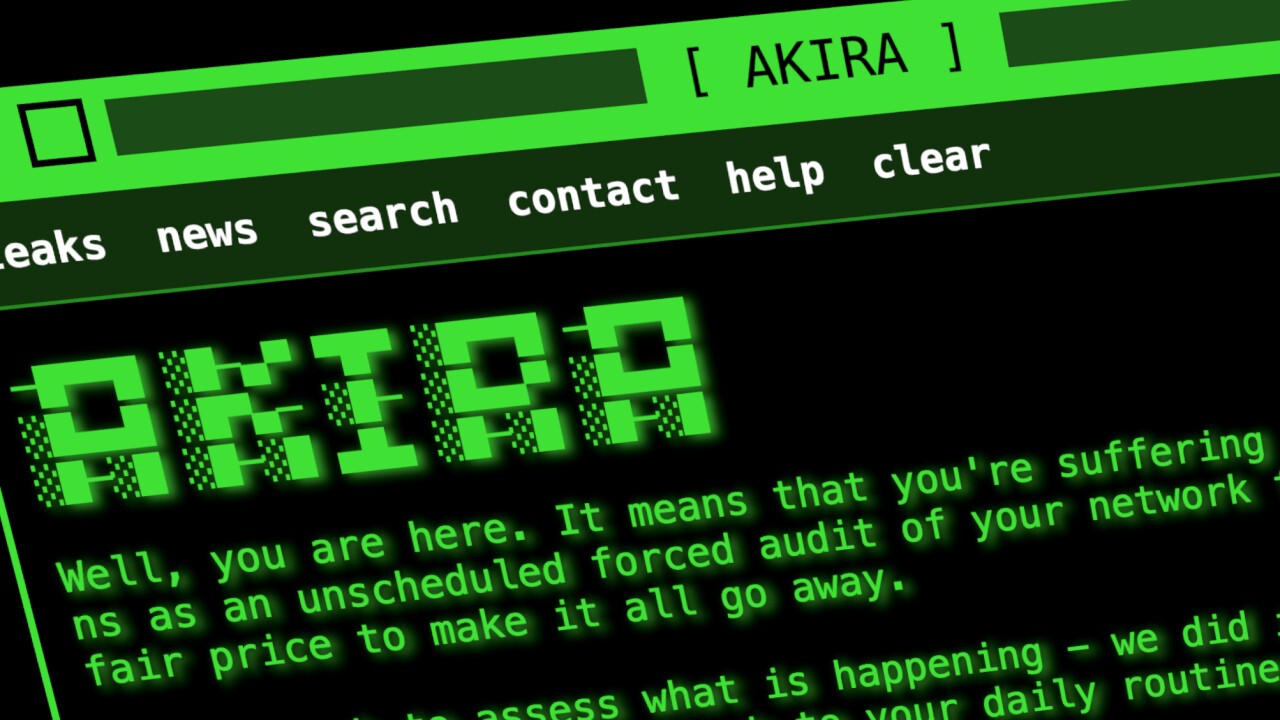Breaking News This Morning
Settled
Goldman Sachs has agreed to pay the Malaysian government $3.9 billion to cover losses the country suffered from the 1MDB investment fund scandal, the Financial Times reports Friday. “The settlement includes a cash payment of $2.5 billion to the Malaysian government as well as a Goldman guarantee that Kuala Lumpur will receive at least $1.4 billion in assets acquired with proceeds misappropriated from 1MDB.”
“A person familiar with the matter said that as part of the settlement, Malaysia would drop criminal charges against three Goldman units accused of helping ‘dishonestly misappropriate’ $2.7 billion from the 1MDB bonds issued in 2012 and 2013. Kuala Lumpur would also end legal proceedings against 17 former and current Goldman directors accused of misleading 1MDB bond investors. Legal proceedings against two former Goldman bankers accused of taking part in the fraud would continue.”
Goldman Sachs “is pointing to blowout second-quarter trading results as part of its bid to convince the Federal Reserve it has demanded the bank hold too much capital for an economic downturn. The bank was told to widen its capital buffer last month after a stress test that assumed significant trading losses, but Goldman is arguing its actual performance proved the business was ‘countercyclical,’ according to a person familiar with its position.”
Receiving Wide Coverage ...
The plot thickens
Ernst & Young
In its June 2 draft opinion 2, EY said that “based on the findings of our audit, the attached annual financial statements comply in all material respects with German commercial law applicable to corporations and give a true and fair view of the net assets and financial position of the company.”
But Mel Georgie Racela, executive director of the Philippines’ Anti-Money Laundering Council, said his investigators are focusing on two “rogue bank employees”—one from each of the two banks—who might have “forged the documents that Wirecard used to mislead auditor Ernst & Young about the existence and location of the missing funds. Mr. Racela said 55 other individuals and entities are among those the AMLC is seeking information on.”
Renowned short seller Jim Chanos told the FT that his firm
Wall Street Journal
Bending to reality
“Western banks appear to be
“They have a lot at stake. Many U.S. and European banks that hire thousands of people in Hong Kong are trying to establish a bigger presence in mainland China. Goldman Sachs, JPMorgan Chase and Morgan Stanley recently received approval from Chinese authorities to own the majority of their securities units on the mainland, giving them better access to a giant market they have long coveted. Beijing is betting the former British colony will grow into a bigger and more lucrative capital-raising hub for Chinese businesses.”
Financial Times
Bargain hunting
“In a sign of confidence for the beaten-down U.S. banking sector, Warren Buffett’s Berkshire Hathaway
“Both BofA’s shares and the KBW Bank index have fallen about 30% since coronavirus first shook markets in February. The purchase of more BofA shares comes after Berkshire sold off the vast majority of its stake in Goldman Sachs earlier this year and trimmed its position in JPMorgan Chase. It also slightly reduced its exposure to U.S. Bancorp and Bank of New York Mellon in the first quarter.”





